In our mail, we get tons of questions about what to do, please help, how-to and etc. Now, we will try to answer some of the most commonly asked questions.
If this article helped you and solved some of your problems, please share it or bookmarked it.
Without further ado, you can read the FAQ below:
When can I stop providing heat to my chicks/ducklings and/or move them outside?
The general rule of thumb is they should have access to a space that’s 95-100 degrees Fahrenheit for the first week, and then decrease the temperature by 5 degrees each week until they are fully feathered (around 6-8 weeks for chickens and ducks, 4-5 for quail) and/or have experienced the lowest ambient temperature (i.e. those keeping chickens in an area with night temps not any lower than 80 degrees F can remove the heat source sooner than an area with night temps going down to 60F).
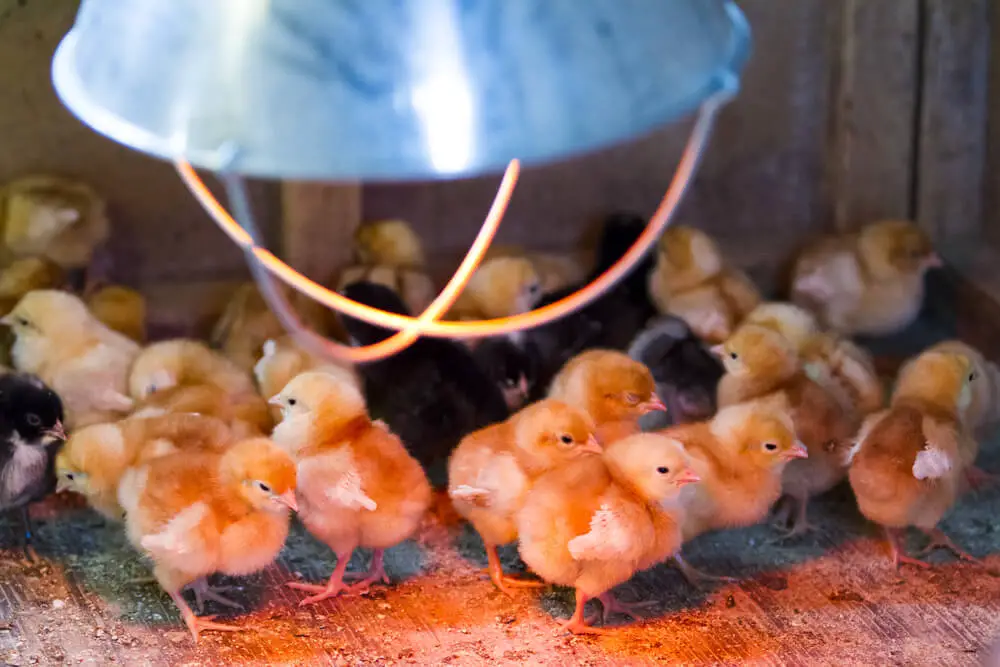
You should keep the heat on one side so they can regulate themselves.
How do I introduce new poultry into my existing flock?
First, make sure you quarantine any new animal you get from your flock for at least 14 days.
Biosecurity is of utmost importance, as there are diseases that can wipe out an entire flock and render the space they were in unusable for many years due to the disease staying in the soil.
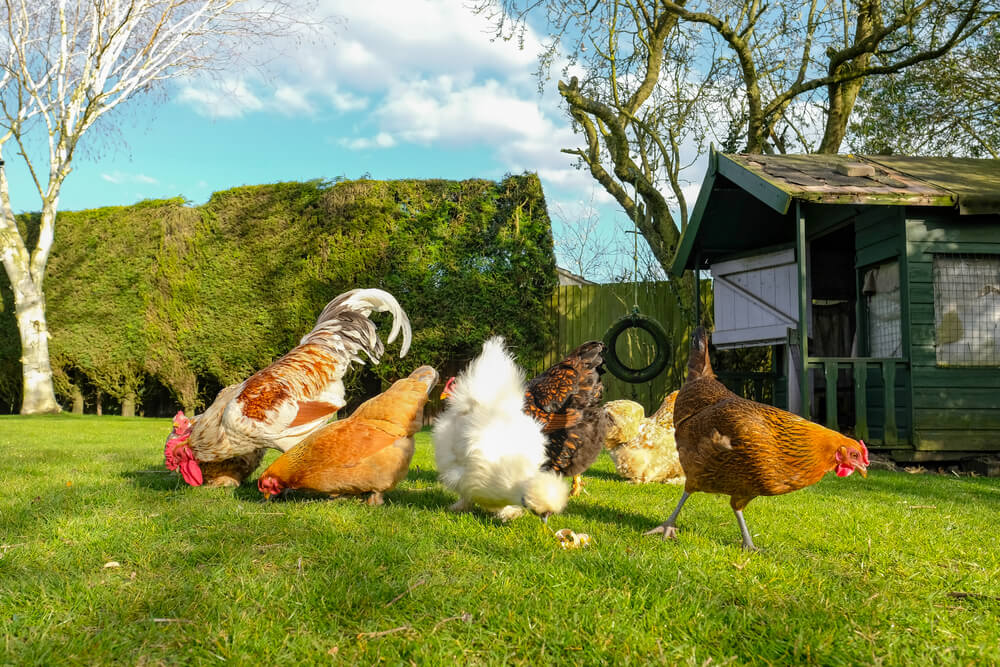
Then, allow them to see but don’t touch for at least a week—separate but together is the name of the game.
A temporary crate or gated off area within the space they will all be living in is the best. Then let them all together supervised, with plenty of space to escape if the new ones get bullied.
How many chickens/ducks/geese/quail/etc. should I get?
Flocking animals are social creatures, which is why we recommend 3 or more.
While you can get away with 2, having 3 ensures that should you lose one, the remaining still have a companion.
How big should my coop be?
Rule of thumb is three square foot per bird (chicken) in the coop, at least 4 in the run, more or less depending on the size and breed.
Of course, they will be healthier and happier if more space is available to them.
How do I make their space predator-proof/A predator broke in and killed my flock, how can I prevent this next time?
There is a saying: Chicken wire keeps chickens in, hardware cloth keeps predators out.
Make sure your coop and run are secured with hardware cloth, and that you dig the cloth at least 6 inches down in the ground in the perimeter of the coop/run to prevent digging predators.
Can I keep poultry in my house?
While it is possible, we do not recommend keeping poultry in the house (unless you are brooding babies or otherwise keeping an eye on an injured/sick one), as poultry poop is caustic and corrosive to floors and walls, and when dried and turned to dust, is terrible for your lungs (to say nothing of poultry dander.)
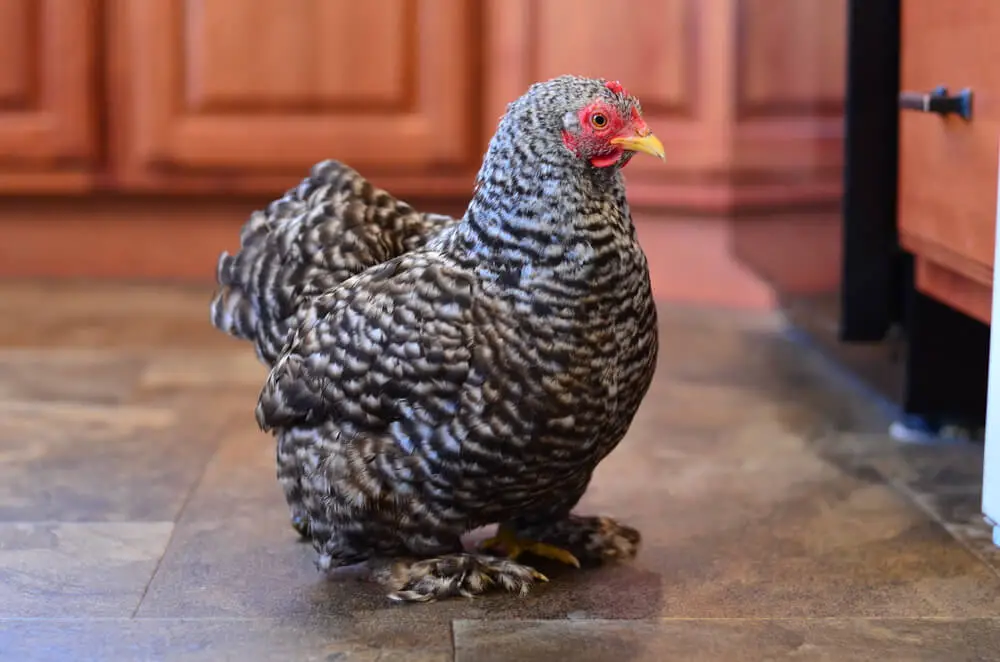
Your animals will be happier outside since scratching and digging around in the dirt is a natural activity for them.
For more reading on the risk of poultry dust: https://www.hse.gov.uk/agriculture/poultry/guide.htm
Help! I have an injured/sick/failing to thrive animal, what should I do?
Isolate, heat, electrolytes and vitamins in the water, and make sure the food you are giving them is appropriate for their species and age needs.
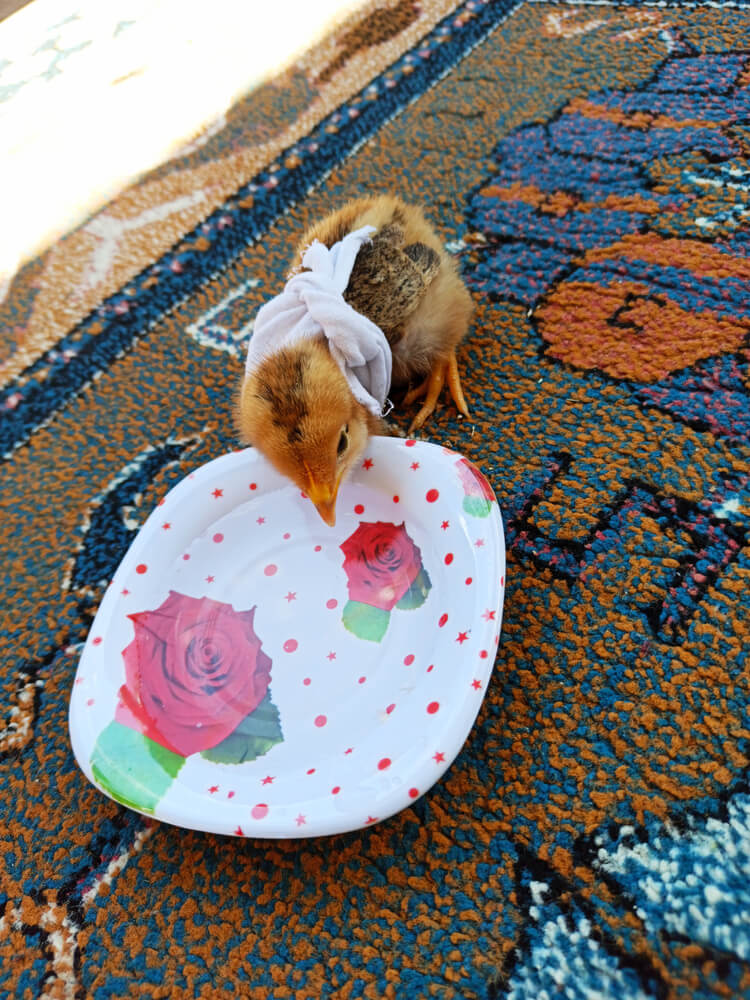
A “hospital wing” is a good idea to prepare in case of emergencies like this.
This ensures it doesn’t get outcompeted for food and water by its healthy flockmates, the flockmates don’t injure it more by picking on the wound, and that it doesn’t give whatever it has to them if it is contagious.
If there are visible injuries, antibacterial ointment and BlueKote can help prevent infections as well as stop animals from picking at the wound and making it worse.
You should always take it to the vet for a checkup.
If you have any questions, please comment below and we will try to answer.
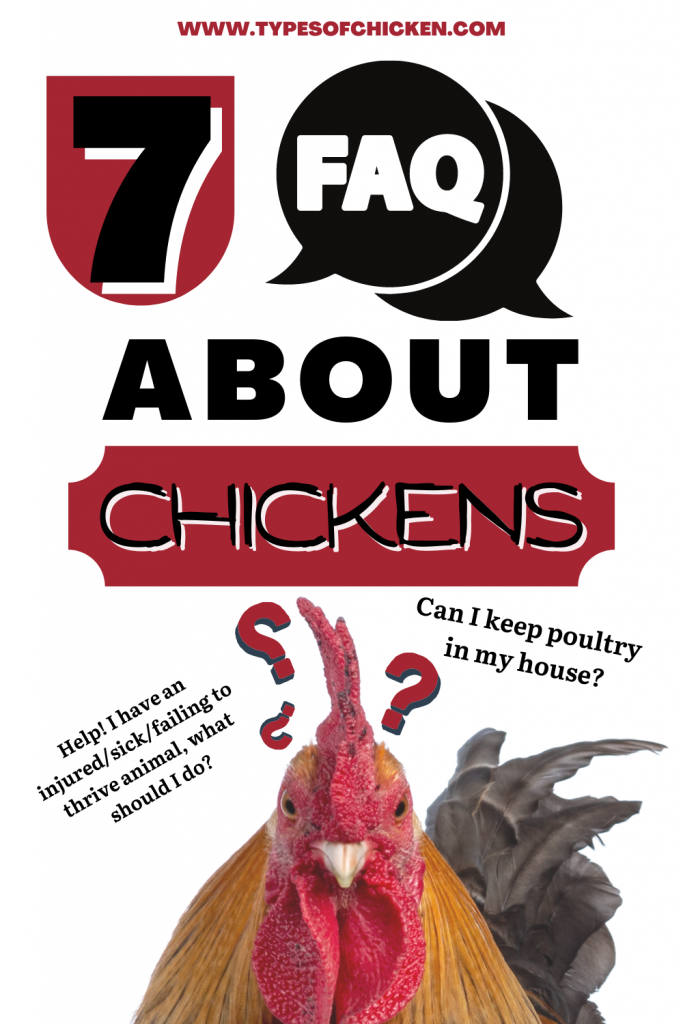
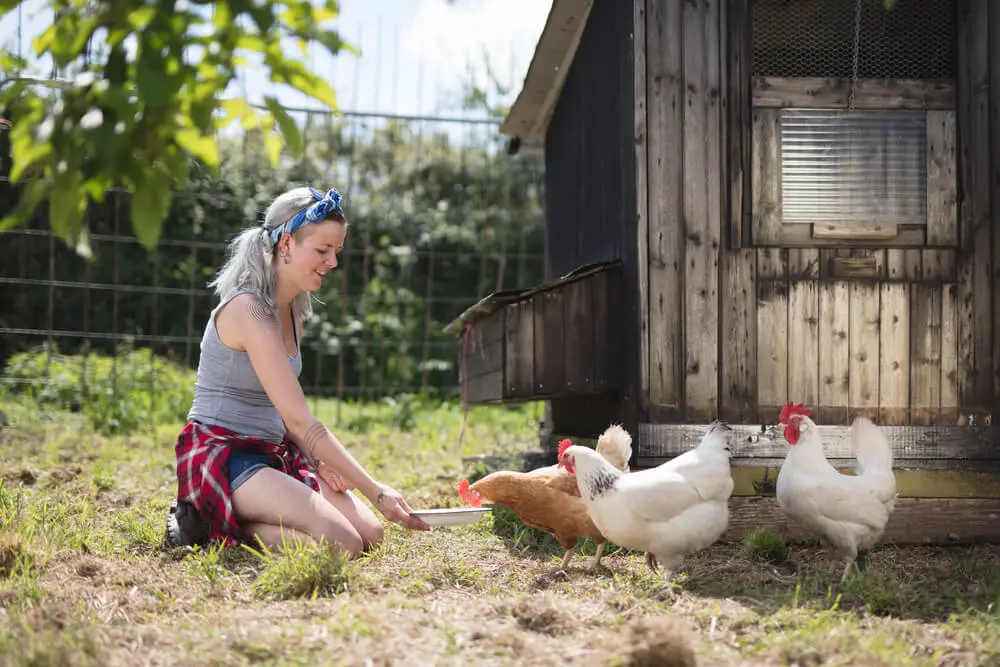
Shannon Stansberry has been engaged in the business of raising chickens for more than 12 years. In 2016, she accomplished the Agriculture & Natural Resources program at Mt. San Antonio College. At present, she tends to more than 80 chickens on her 4-hectare farm. Shannon regularly shares her insights and experience on how to raise healthy and contented chickens on the platform Typesofchickens.com

